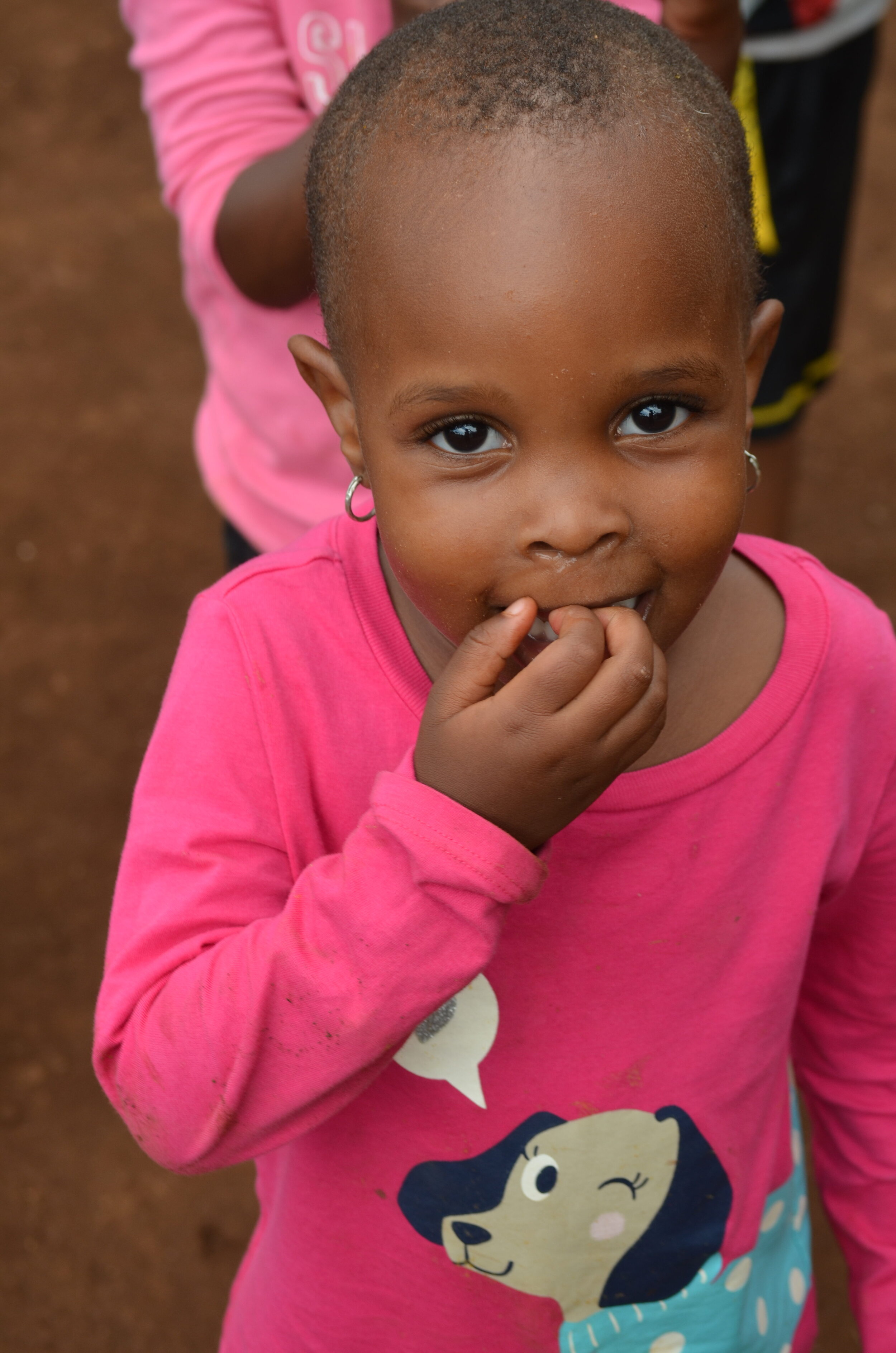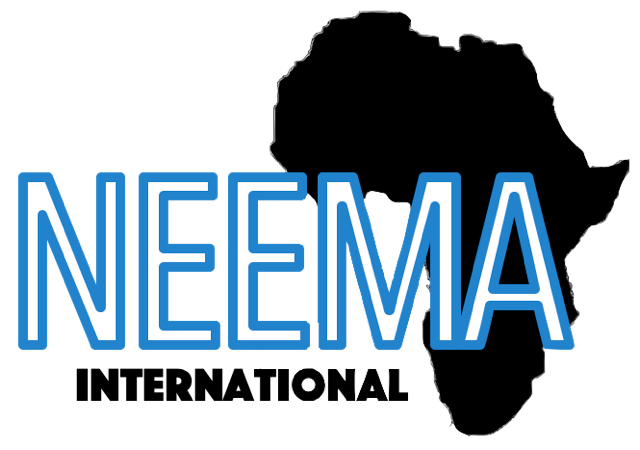Women's Empowerment
Neema International focuses on the key role that education has in changing the lives of Tanzania’s youth. Our projects combine the critical components of education, social work and healthcare to create a tailored intervention strategy for the Uru community. These combined components impact the community in complex ways, including through women’s empowerment.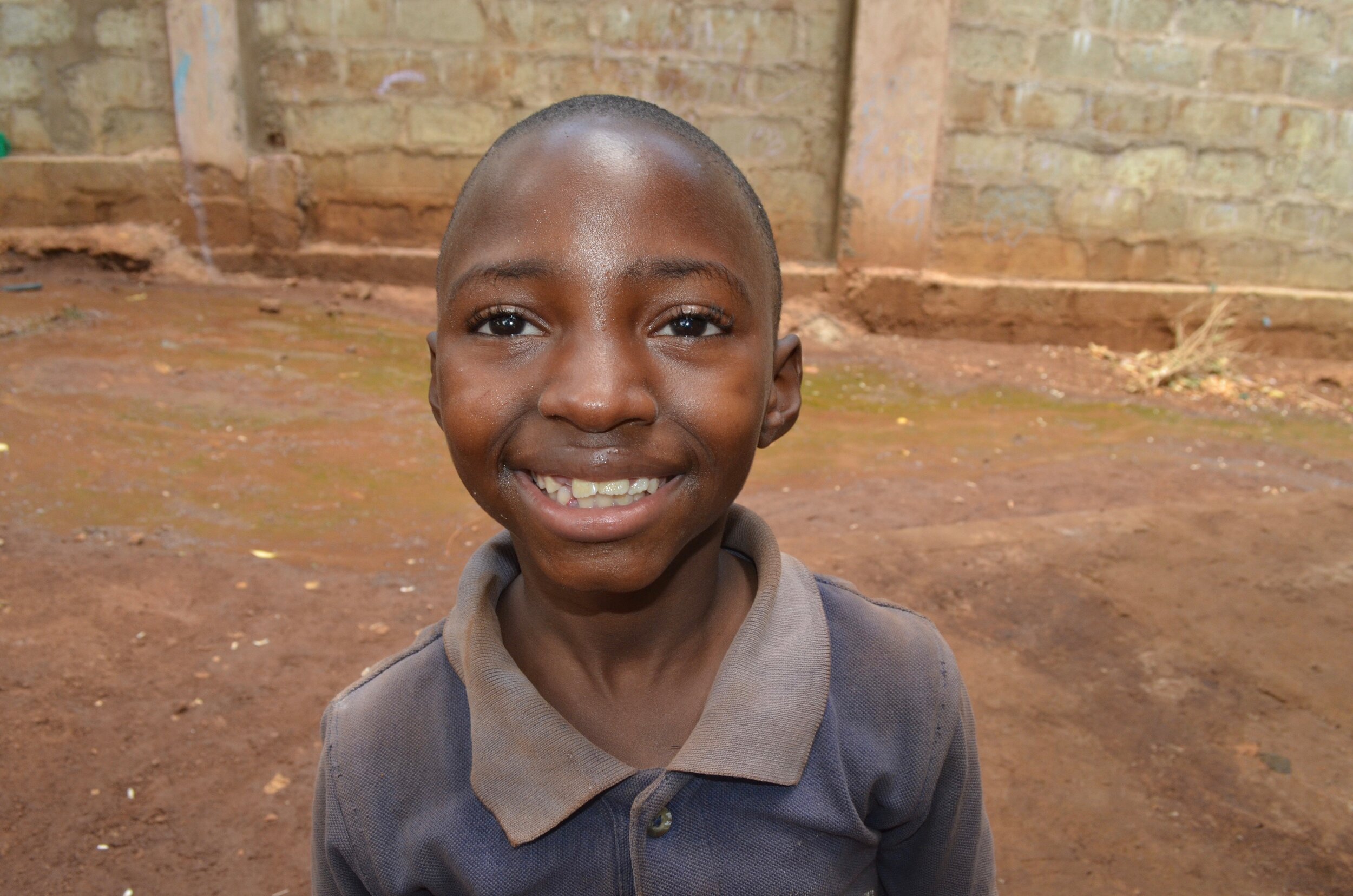 The United Nations has long identified women’s rights as instrumental to poverty alleviation. Giving women the basic education and financial literacy to become economically independent doubles a nation’s workforce. Women with education and careers are likely to wait longer to have less kids. As a result, they can give each of those children the healthcare and education they deserve. Educated mothers are more likely to practice proper healthcare, including drug and alcohol abstinence, during pregnancy and early childhood. Financially independent women have the ability to stand on their own, leaving abusive family situations and preventing adverse childhood experiences for their children.Knowing that women’s rights to land, education, representation and healthcare are limited in Tanzania, we ask the question:How can Tanzania thrive when half of its citizens, and a majority of mothers, are left behind?
The United Nations has long identified women’s rights as instrumental to poverty alleviation. Giving women the basic education and financial literacy to become economically independent doubles a nation’s workforce. Women with education and careers are likely to wait longer to have less kids. As a result, they can give each of those children the healthcare and education they deserve. Educated mothers are more likely to practice proper healthcare, including drug and alcohol abstinence, during pregnancy and early childhood. Financially independent women have the ability to stand on their own, leaving abusive family situations and preventing adverse childhood experiences for their children.Knowing that women’s rights to land, education, representation and healthcare are limited in Tanzania, we ask the question:How can Tanzania thrive when half of its citizens, and a majority of mothers, are left behind?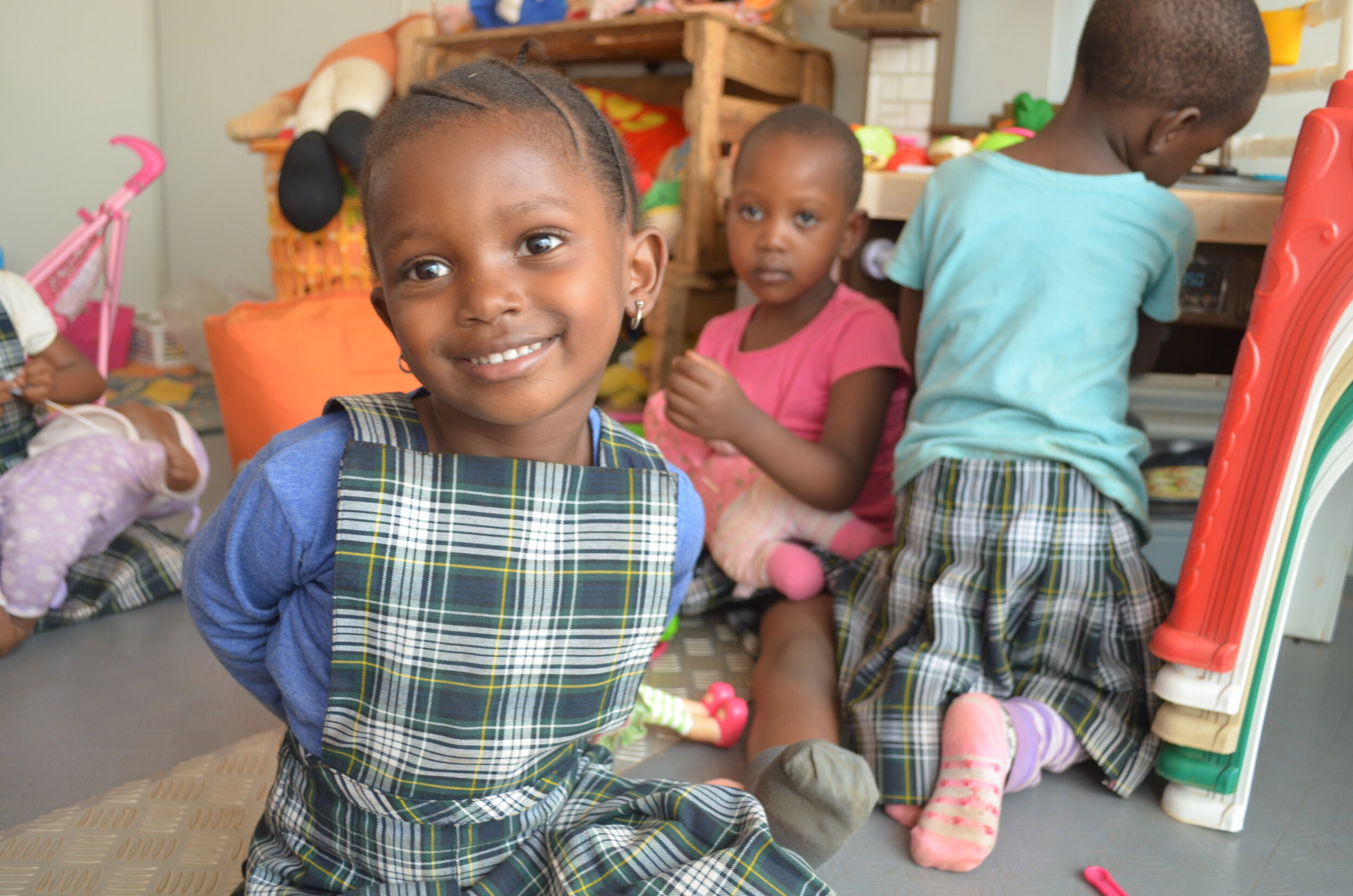 An official report on the rights of women and men in Tanzania published in 2018 reported about 50,000 women in university compared to 125,000 men. For the few women who are employed, the pay gap is approximately 58%. Women make a median of 86 thousand shillings (about $37) a month, while men make about 150 thousand (about $64). Women in Tanzania have little to no property rights, due to Customary Law which discriminates against women and children.
An official report on the rights of women and men in Tanzania published in 2018 reported about 50,000 women in university compared to 125,000 men. For the few women who are employed, the pay gap is approximately 58%. Women make a median of 86 thousand shillings (about $37) a month, while men make about 150 thousand (about $64). Women in Tanzania have little to no property rights, due to Customary Law which discriminates against women and children.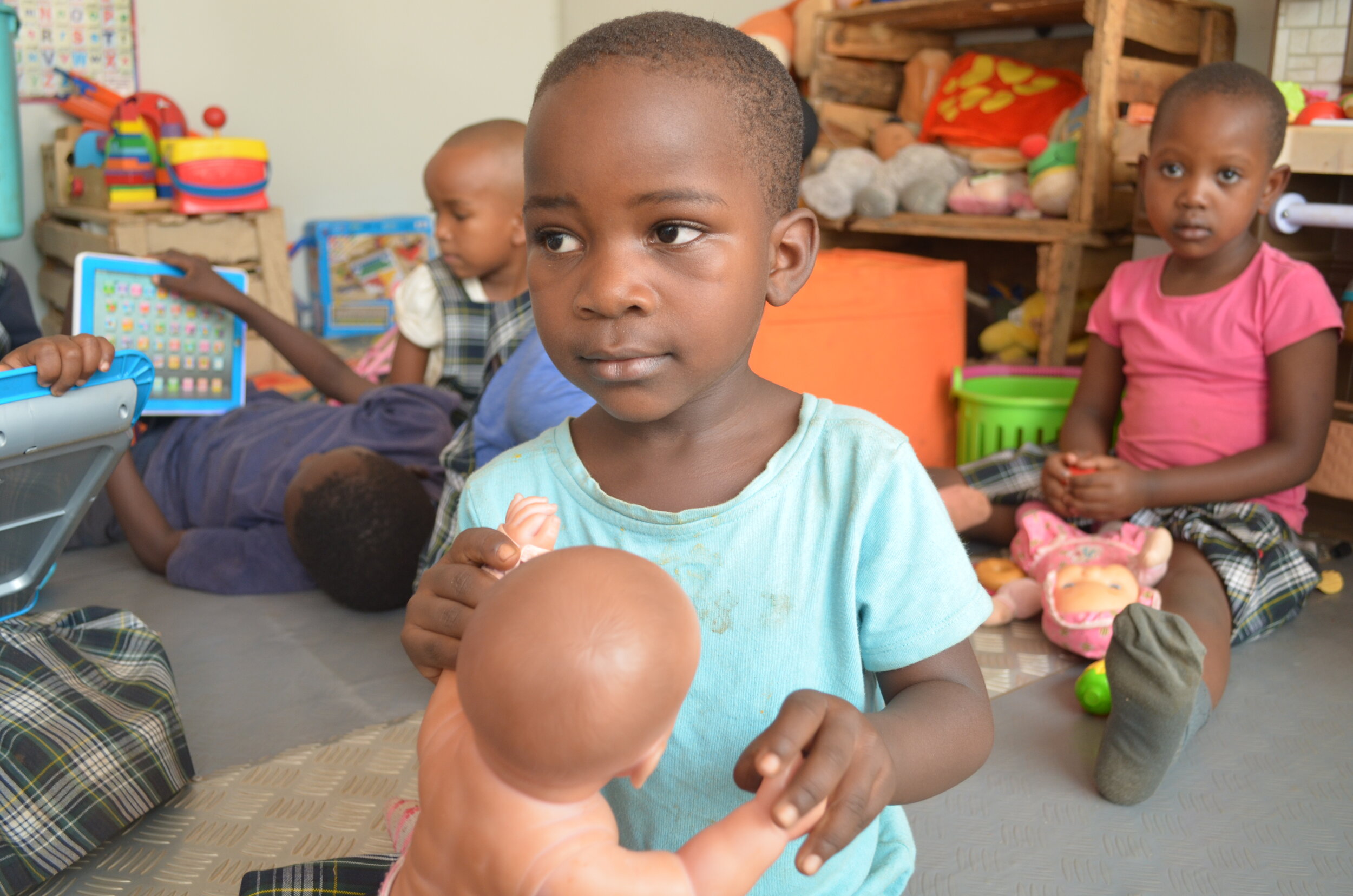 Culturally, men inherent land, whereas women have to purchase it. In the realm of education, primary and secondary schools must conduct pregnancy tests when students come back from vacation through probing. If a female student is found pregnant she is expelled from school and is not allowed back after bringing her pregnancy to term. Abortions are illegal and the president discourages the use of birth control. The conservative culture of Tanzania leaves topics such as gender-based violence, birth control and menstruation a taboo. The result is that many young women are left guessing about critical issues.Being a community-based program, Neema International works closely with the women of Uru. In situations of spousal violence or child sexual abuse we have served as victim advocates, getting local social work and police involved. We educate all mothers at our school and adolescent students about birth control and the benefits of family planning. We distribute thousands of reusable menstrual pads each year to young girls. We make an effort to take young girls into our program, giving them the education, they need. We also make a special effort to train our teachers on gender equality and eliminating gender roles.
Culturally, men inherent land, whereas women have to purchase it. In the realm of education, primary and secondary schools must conduct pregnancy tests when students come back from vacation through probing. If a female student is found pregnant she is expelled from school and is not allowed back after bringing her pregnancy to term. Abortions are illegal and the president discourages the use of birth control. The conservative culture of Tanzania leaves topics such as gender-based violence, birth control and menstruation a taboo. The result is that many young women are left guessing about critical issues.Being a community-based program, Neema International works closely with the women of Uru. In situations of spousal violence or child sexual abuse we have served as victim advocates, getting local social work and police involved. We educate all mothers at our school and adolescent students about birth control and the benefits of family planning. We distribute thousands of reusable menstrual pads each year to young girls. We make an effort to take young girls into our program, giving them the education, they need. We also make a special effort to train our teachers on gender equality and eliminating gender roles.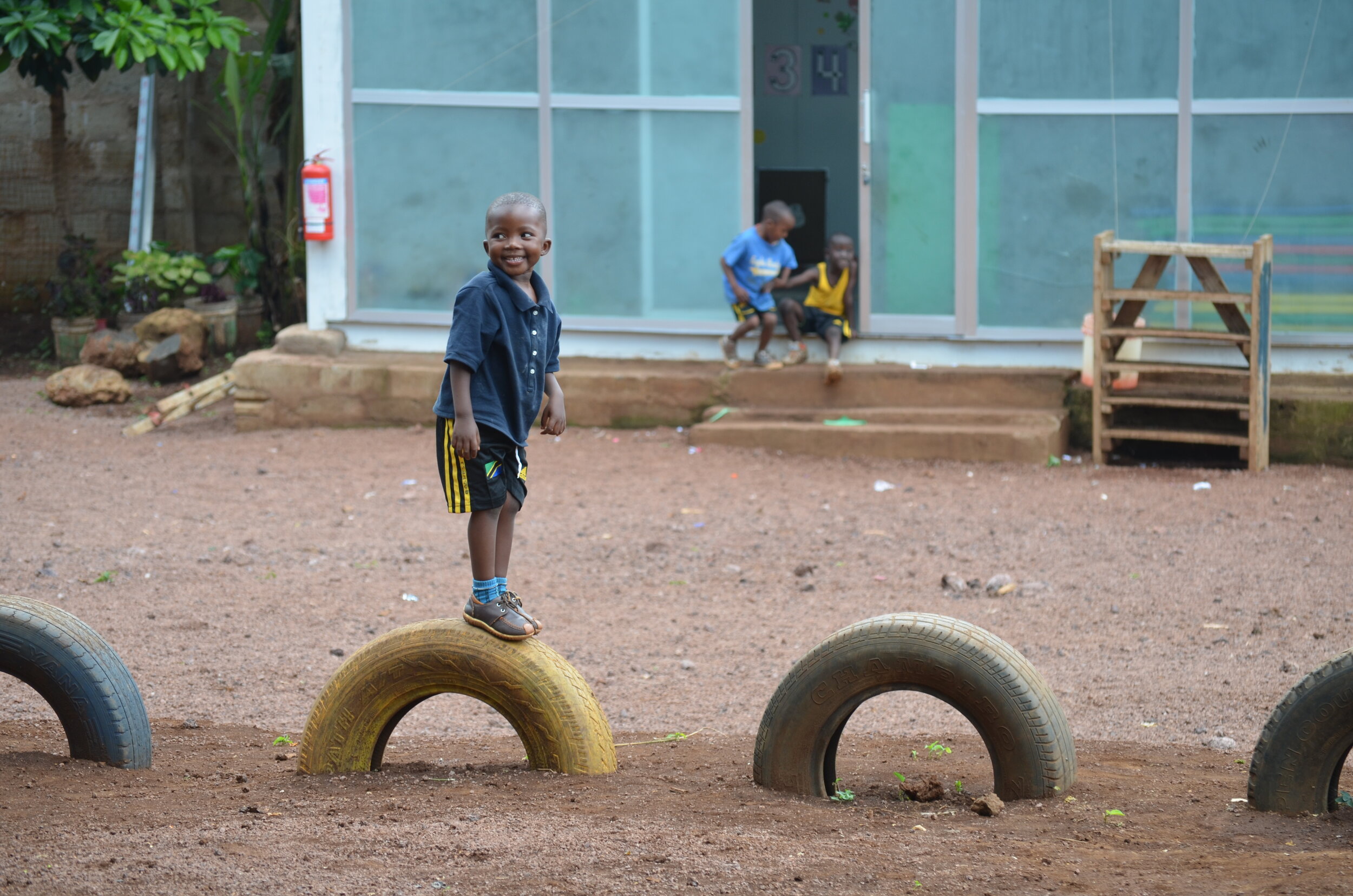 Young girls in Tanzania are constantly told what they cannot be. As an early childhood education center, it is our job to stop that mental framework in its tracks. One recent way that Uru Academy engaged in women’s empowerment is through a workshop with KWIECO.KWIECO (Kilimanjaro Women Information Exchange & Community Organization) operates under the leadership of Mama Minde. Mama Minde is an advocate for women’s rights and recently attended the UN’s Commission on the Status of Women in New York. Her organization provides a variety of women’s services in Kilimanjaro region including legal assistance to women in need. One of KWIECO’s recent initiatives is to establish Girl Empowerment Clubs within Moshi District. These clubs function as a safe space where community facilitators and the Girl Child can come together and address topics such as gender-based violence, hygiene and puberty, economic empowerment, healthy friendships, FGM, child rights and many others.
Young girls in Tanzania are constantly told what they cannot be. As an early childhood education center, it is our job to stop that mental framework in its tracks. One recent way that Uru Academy engaged in women’s empowerment is through a workshop with KWIECO.KWIECO (Kilimanjaro Women Information Exchange & Community Organization) operates under the leadership of Mama Minde. Mama Minde is an advocate for women’s rights and recently attended the UN’s Commission on the Status of Women in New York. Her organization provides a variety of women’s services in Kilimanjaro region including legal assistance to women in need. One of KWIECO’s recent initiatives is to establish Girl Empowerment Clubs within Moshi District. These clubs function as a safe space where community facilitators and the Girl Child can come together and address topics such as gender-based violence, hygiene and puberty, economic empowerment, healthy friendships, FGM, child rights and many others.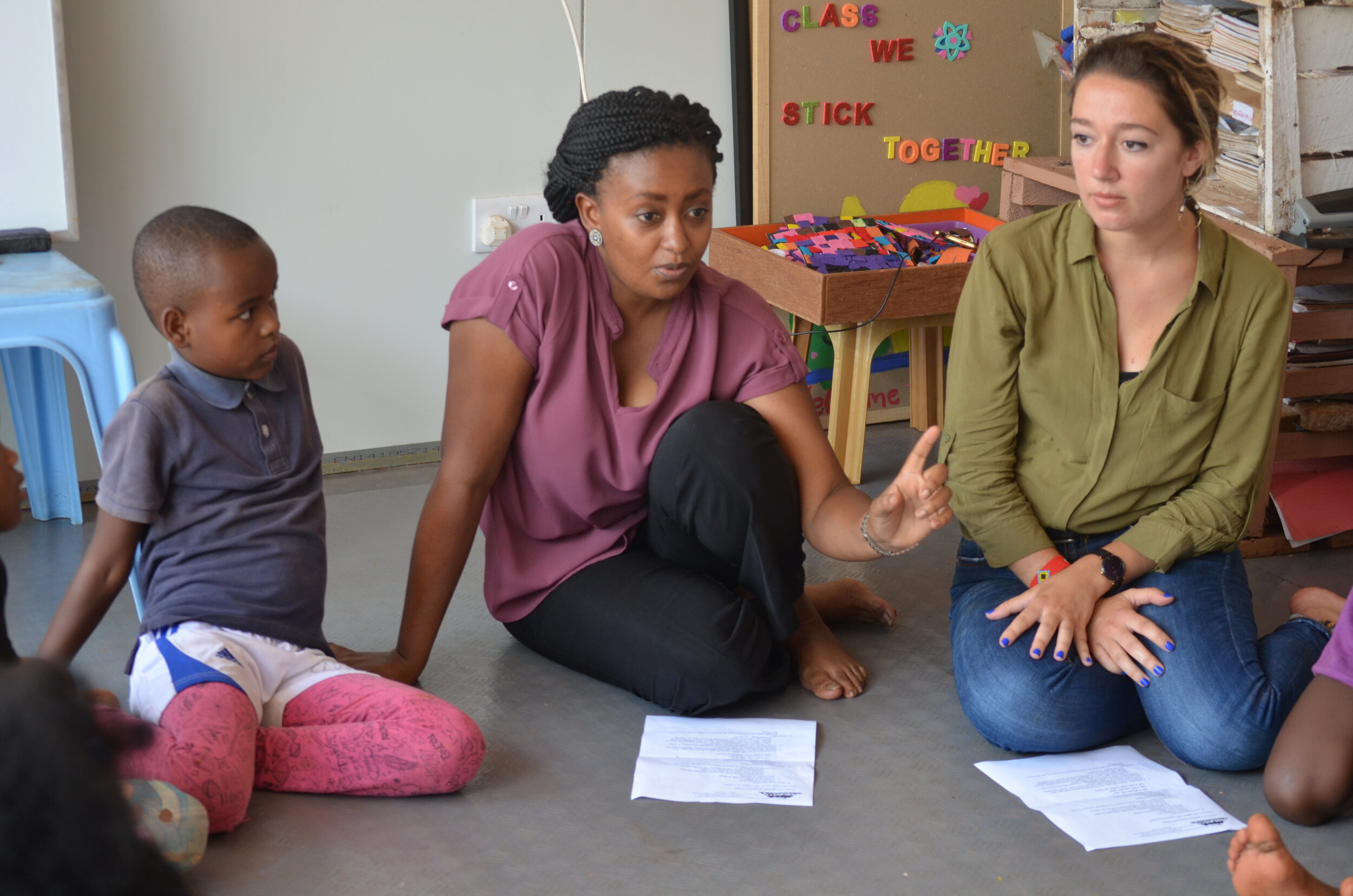 Impressed by the Girl Empowerment Program, we invited two leaders in the project, Immaculate and Magalie, to our school. They asked our kids critical questions:"Can a woman be president?""Can somebody touch you without consent?""Are men and women equal?""Should you accept free food from men?"
Impressed by the Girl Empowerment Program, we invited two leaders in the project, Immaculate and Magalie, to our school. They asked our kids critical questions:"Can a woman be president?""Can somebody touch you without consent?""Are men and women equal?""Should you accept free food from men?"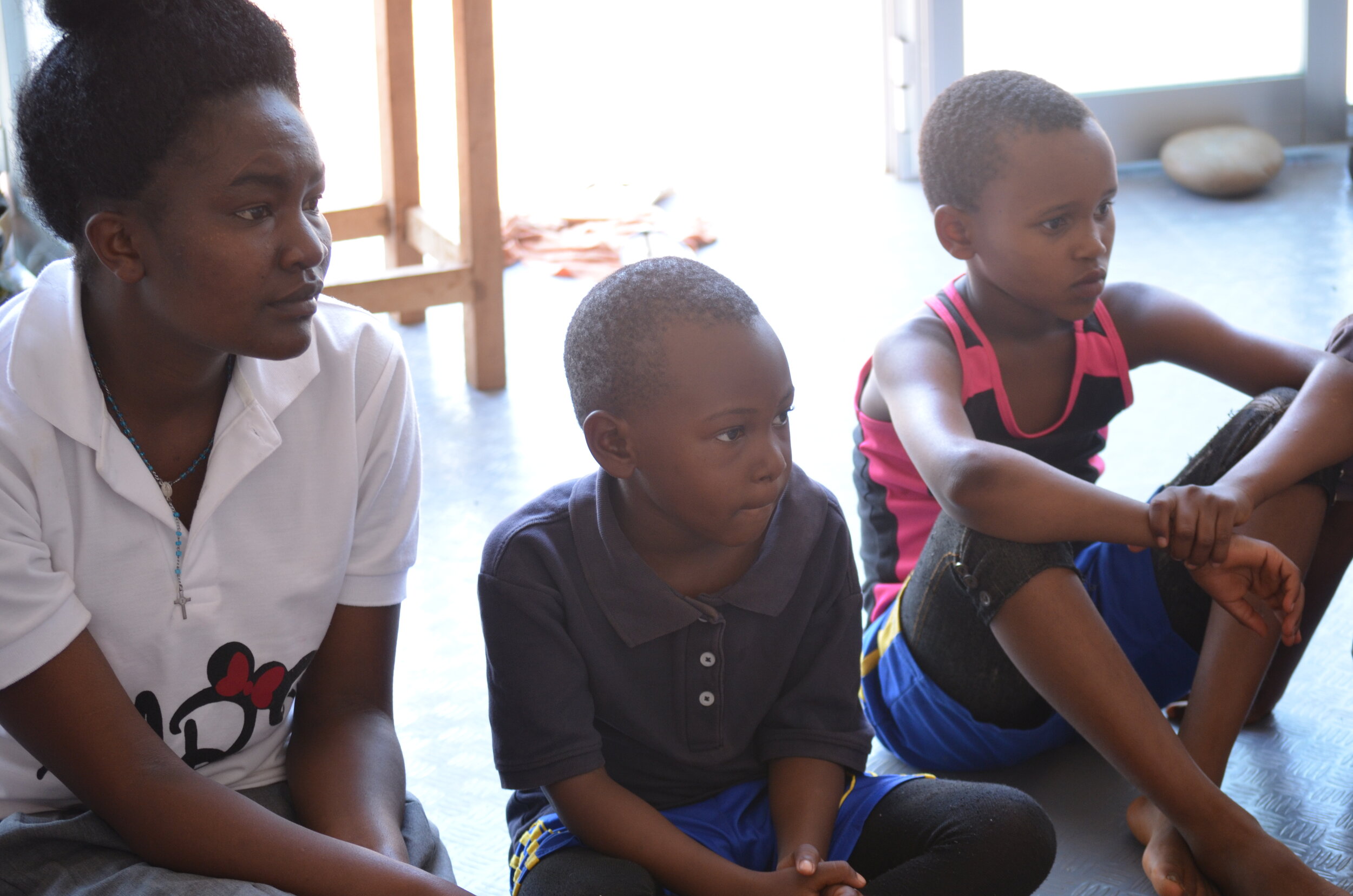
 The discussion inspired teachers and children alike to continue the conversation. Young girls are told every day in Tanzania through discrete and subliminal messages what women can not do. To counteract these relentless messages, critical people in their lives such as parents and teachers must tell them again and again that women can!
The discussion inspired teachers and children alike to continue the conversation. Young girls are told every day in Tanzania through discrete and subliminal messages what women can not do. To counteract these relentless messages, critical people in their lives such as parents and teachers must tell them again and again that women can!